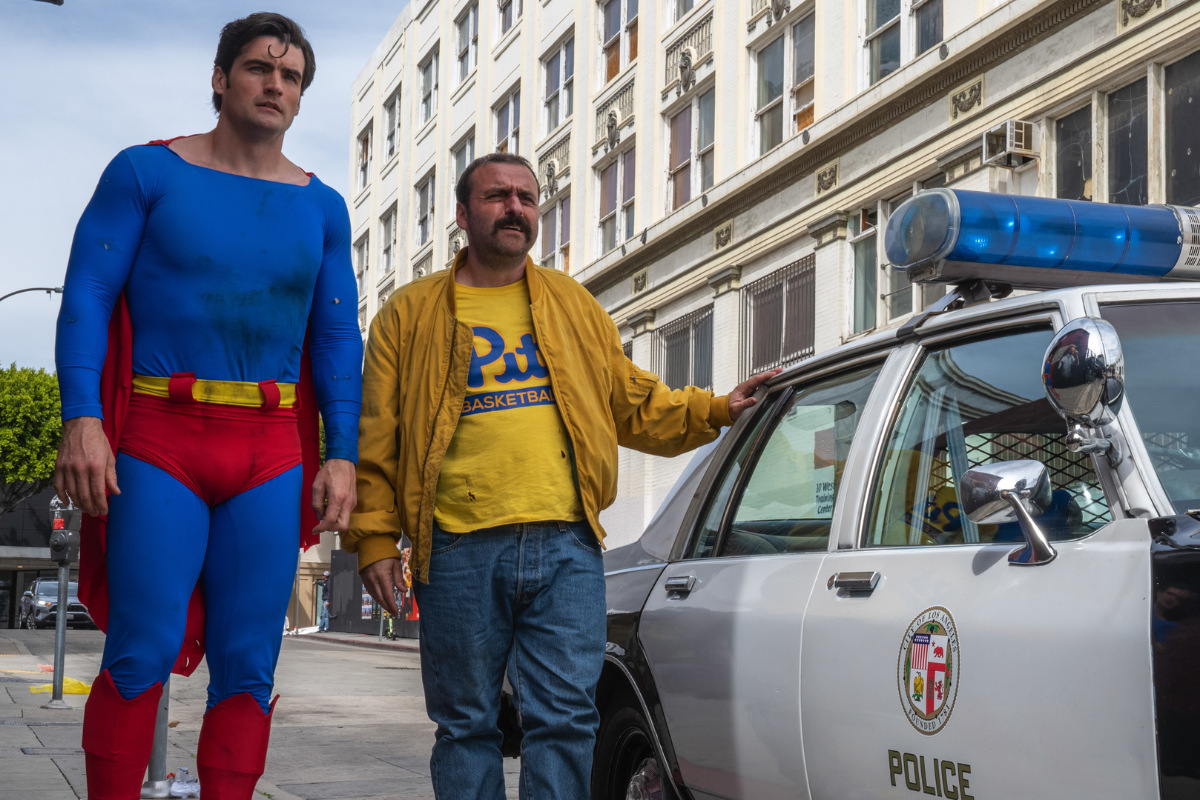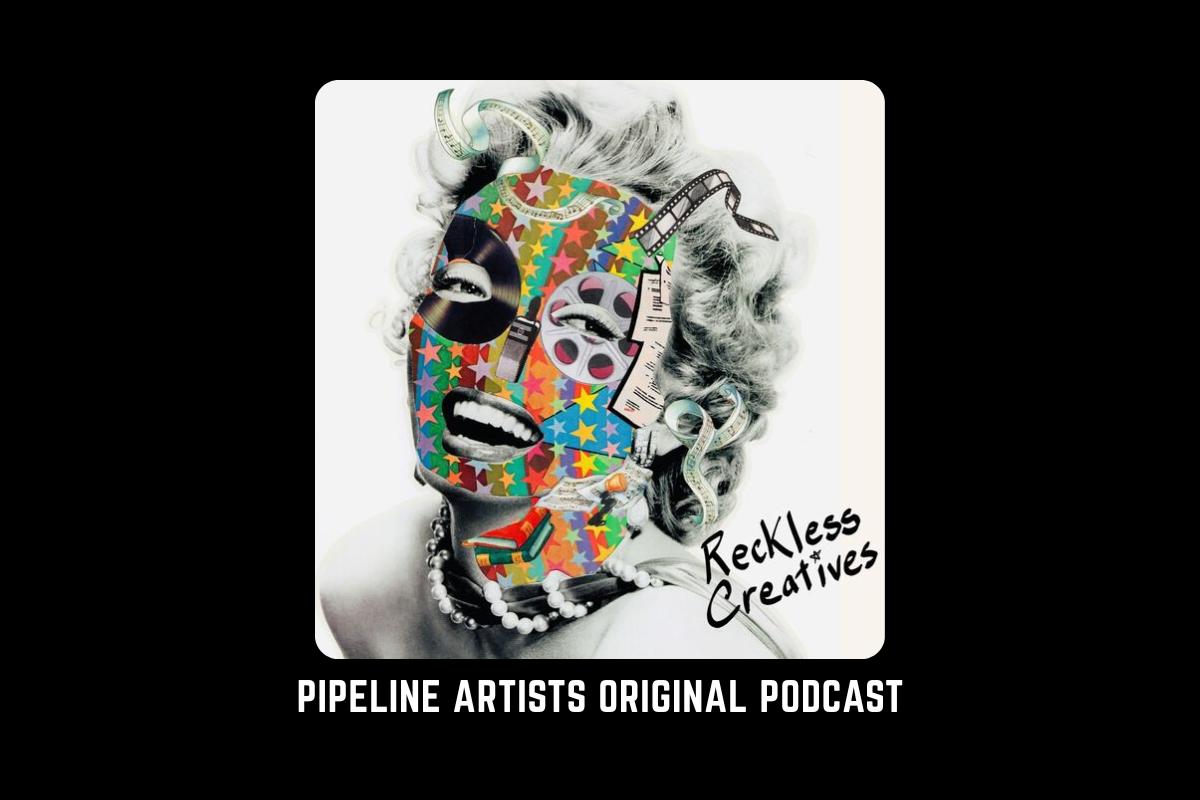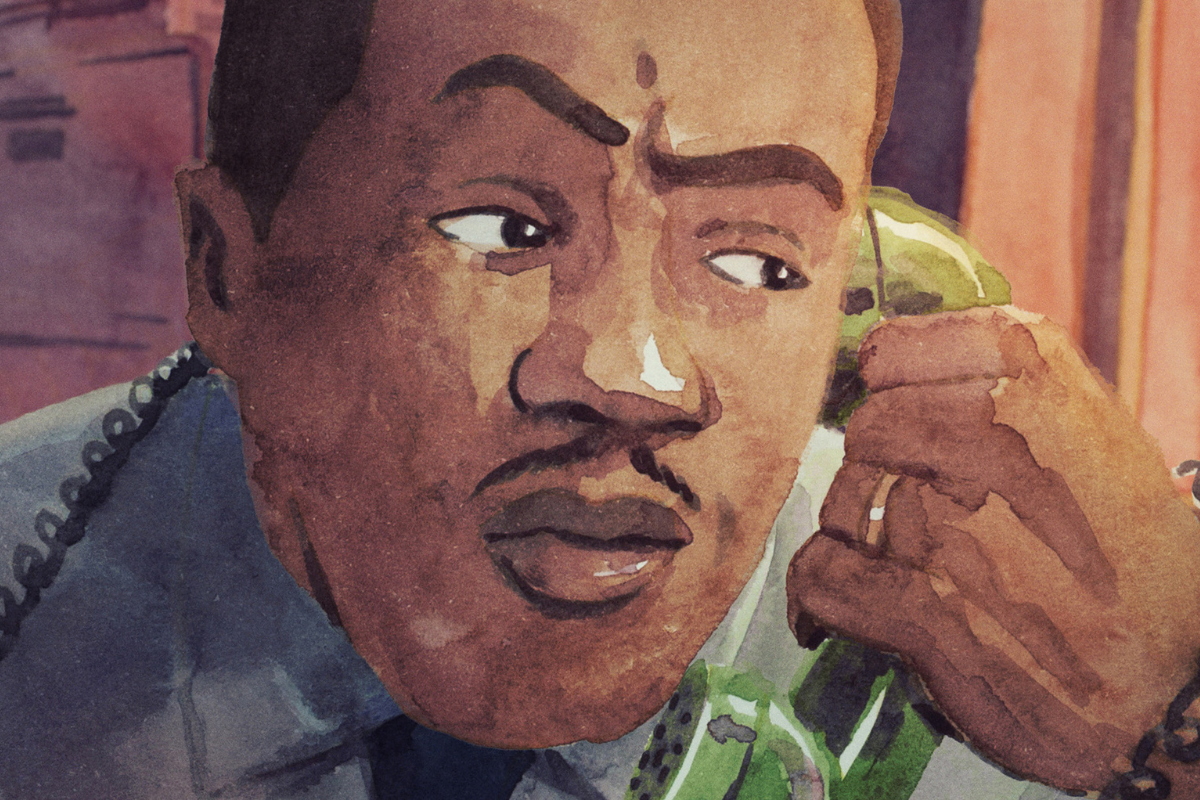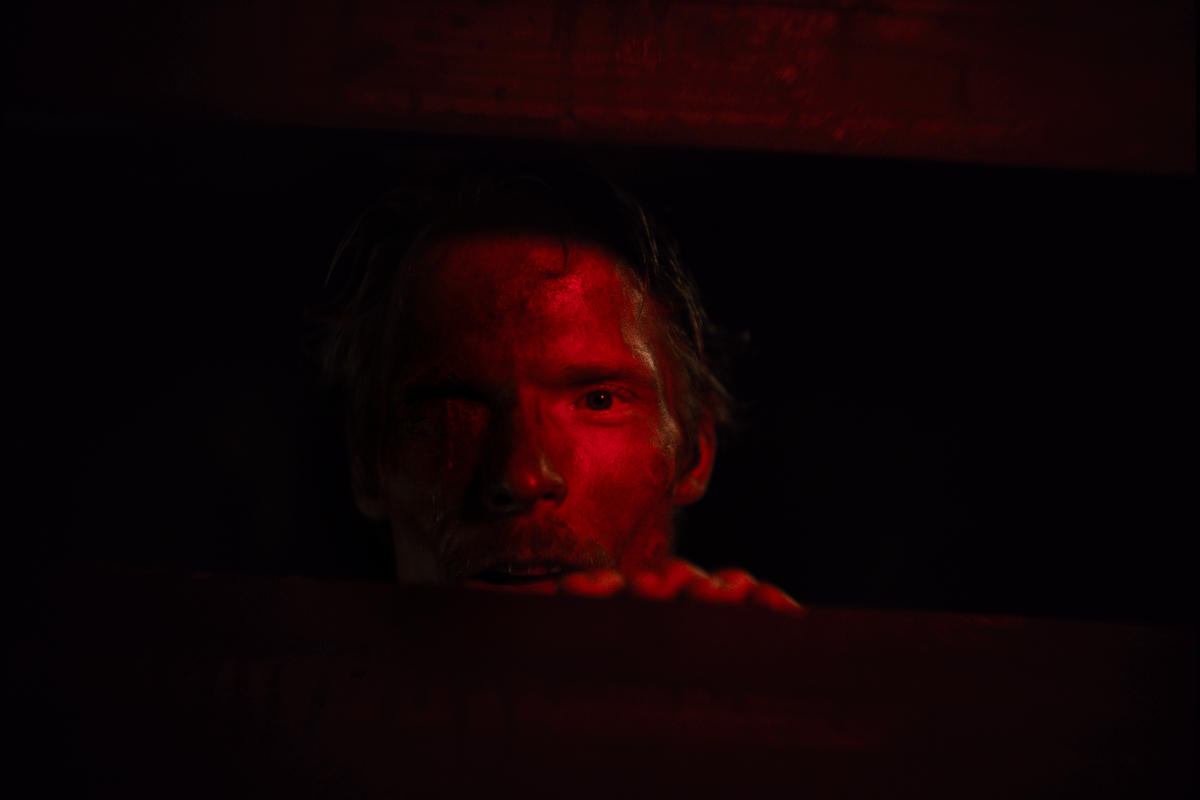WRITERS ON THE WEB: Burning Web Series Questions Answered
On the heels of her recent web series talk on #Scriptchat, Rebecca Norris dives in further to get your burning web series questions answered.
Rebecca Norris is a writer, producer, web enthusiast, and creator of the award-winning web series Split with her production company, Freebird Entertainment. Follow Rebecca on Twitter at @beckaroohoo.
I had such a blast talking about web series on #Scriptchat earlier this month that I thought I'd continue the fun in this article. So many people had fantastic questions about every aspect of writing and producing a web series, and there was only so much I could say via Twitter and in the time allotted. So I thought I'd expand upon some of my responses and have some of your Burning Web Series Questions answered more completely.
What types of stories lend themselves more to being told via web series?
The beauty of creating a web series is that you can tell any kind of story you like. The sky's the limit. If you want to do a sci-fi alien comedic soapy drama with puppets, you can do that! There's a couple of considerations, however:
1) What's your goal in producing a web series?
Some people want to show that they can write for TV, and use their web series as a produced writing sample. Others want to create viral content to get millions of views and followers. Still others want to get their unique voice out there without censorship, and others want to promote a brand or business. Think about why you might want to create a web series and how it will serve your goals down the line, because producing a web series is a commitment. Make sure you map out your destination before you begin.
For instance, if your dream is to write for a show like Game of Thrones, let's say, then doing a romantic comedy web series isn't going to necessarily aid you in your goal.
2) What's your budget?
Remember that you have to be able to film your web series on the amount of money you currently have or can raise. So it's important to be realistic about what you're writing and make sure that you have the tools to bring it to fruition.
Do you think serial content or episodic content works better in web series format?
Although you can certainly write and produce any sort of web series you like, you can increase your chances of growing a large following in a few ways.
1) Keep your episodes on the shorter side.
I went to a web series panel at AFI a few years back, and they said studies have shown that the longest a human being can sit and watch a video online without wanting to click away is 4 minutes and 11 seconds. That was a few years ago - you can cut that in half these days. With the overwhelming influx of content available, if you want your series to get shared easily online it's best to keep the webisodes short, 1-3 minutes or so. You can also create micro content for sites like Vine (6 seconds of video allowed) and Instagram (15 seconds of video allowed) and build a following that way.
2) Comedic web series translate better to larger audiences than dramatic ones.
This is not to say you can't find great success and big numbers with a dramatic series. But think about what you'd probably be more likely to share yourself on Facebook and other social media: a quick and fun video that your friends can watch at work or on their cell phone. Hence the immense popularity of cat videos. As web series are constantly evolving and getting more and more sophisticated, and audiences for them continue to grow, this will likely change.
3) Episodic shows are more shareable than serialized ones.
Again, this isn't to say a serialized show won't do well. But for ease of sharing online, having each webisode be self-contained enough to stand alone, and for the story to make sense without the viewer having to see every previous episode is helpful.
If you do have a strictly serialized show, adding a "Last Week On" or "Previously On" montage in the beginning of webisodes is helpful to catch people up and acclimate new viewers.
How would you approach writing a drama web series with multiple storylines if it's one that's in a short time frame?
Drama web series tend to have a little more leeway with longer run times, so it's easier to pack more story in. However, if you wanted to write a drama with, say, 2-3 minute webisodes and multiple storylines, then you might want to keep the number of your characters and storylines limited. Perhaps 6 characters and 3 different storylines. That way, if you choose to, you can easily address each storyline in each webisode. Or you can choose to highlight one separate storyline in each webisode. It's really up to you.
Is it better to write all of the episodes yourself or is it possible to have a writers' room?
Again, the beauty of web series is that you can do whatever you want! If you want to work in television, which is mostly comprised of writers' rooms (in the U.S. at least), then it would certainly be great practice to get used to writing and pitching ideas in a group environment.
It also depends on your personal goals for the project. If you're using your web series as a sample of your particular writing style and voice, then you might want to write all of the episodes yourself, so you have a sample of writing that's uniquely YOURS.
Do you develop any sort of a budget when creating a web series or do you just let it rip?
I always develop a budget for every project. Otherwise costs can spiral out of control. Especially if you have limited funds, you want to make sure that every penny counts and every dollar has a name and a specified place to go.
What have been the challenges and successes in bringing in your audience? In cutting through the noise?
My web series, Split, is a serialized drama with longer episodes, so it's not the kind of project that's likely to go viral. However, it's the story I wanted to tell, and my goal was to have a sample of dramatic, serialized work to enter into web festivals. Goal accomplished!
A way to cut through the noise and differentiate your project is to submit to web festivals and also publications. Just like films and TV shows all vie for positive reviews, awards, and critical acclaim, so do web series. Submitting your series for press writeups and reviews, hiring a publicist, screening in web festivals, and winning awards are all viable ways to cut through the noise online and make your project stand out.
What are some web festivals?
There are a bunch, and, it seems, more popping up every day! Also, more and more film festivals are adding web series categories as well. Prominent web festivals include iTV Fest, LA WebFest, Hollyweb, Marseille WebFest, Roma WebFest, TO WebFest, and Vancouver WebFest. Well-known awards shows include the Streamys, Webbys, IAWTV Awards, Indie Series Awards, and even the Daytime Emmys, which now has a web series category.
I've written several articles about submitting to web festivals: start HERE.
What genres are "hot" right now or should we stick with what we know best?
There are as many different genres of web series as there are people creating them. Since web creators aren't limited by any sort of constraints on time or content, there are successful web series in every genre and every combination thereof. Write what you're passionate about. Producing a web series is wonderful, but it's a large commitment of time, money, and sweat equity, potentially over several years. So make sure that your love of the story can maintain your interest over time.
Beginner's traps. What should we be careful with starting out?
In my opinion, the biggest thing to look out for is overspending your budget on your web series. It's so easy to get caught up in the production, and start spending all sorts of money you don't have in order to finish your series. It's not worth bankrupting yourself, taking out a second mortgage, or charging up credit cards to finish your series. Find other creative ways to raise funds, cleverly budget, and save money, and avoid landing yourself in the money trap.
Thanks again to all of the wonderful participants in the web series #Scriptchat! See the full transcript HERE.
To participate in the next #Scriptchat, find instructions HERE.
Get more web series advice in Rebecca Norris' webinar
Writing the Web Series
Rebecca Norris Resnick is a screenwriter, filmmaker, instructor for Writer’s Digest University, and columnist for Script Magazine. Distributed features include Cloudy With a Chance of Sunshine (Indie Rights and House Lights Media) and short films On Becoming a Man (Shorts International) and Toasted, which won the Canadian Film Centre’s ShortsNonStop competition. Rebecca’s films have screened in festivals worldwide including Cannes, Dances With Films, Hollyshorts, Manhattan Film Festival, Breckenridge Film Festival, and the Julien Dubuque Film Festival, and have won and been nominated for numerous awards. Rebecca is also an alumna of the ABC/Disney Television Discovers program, where her script Misfortune Cookies was performed in both New York and Los Angeles. When not working on her newest project, Rebecca stays on her toes chasing both her adorable daughter and her tuxedo cat, Sox.
Learn more about Rebecca at rebeccanorrisresnick.com.






